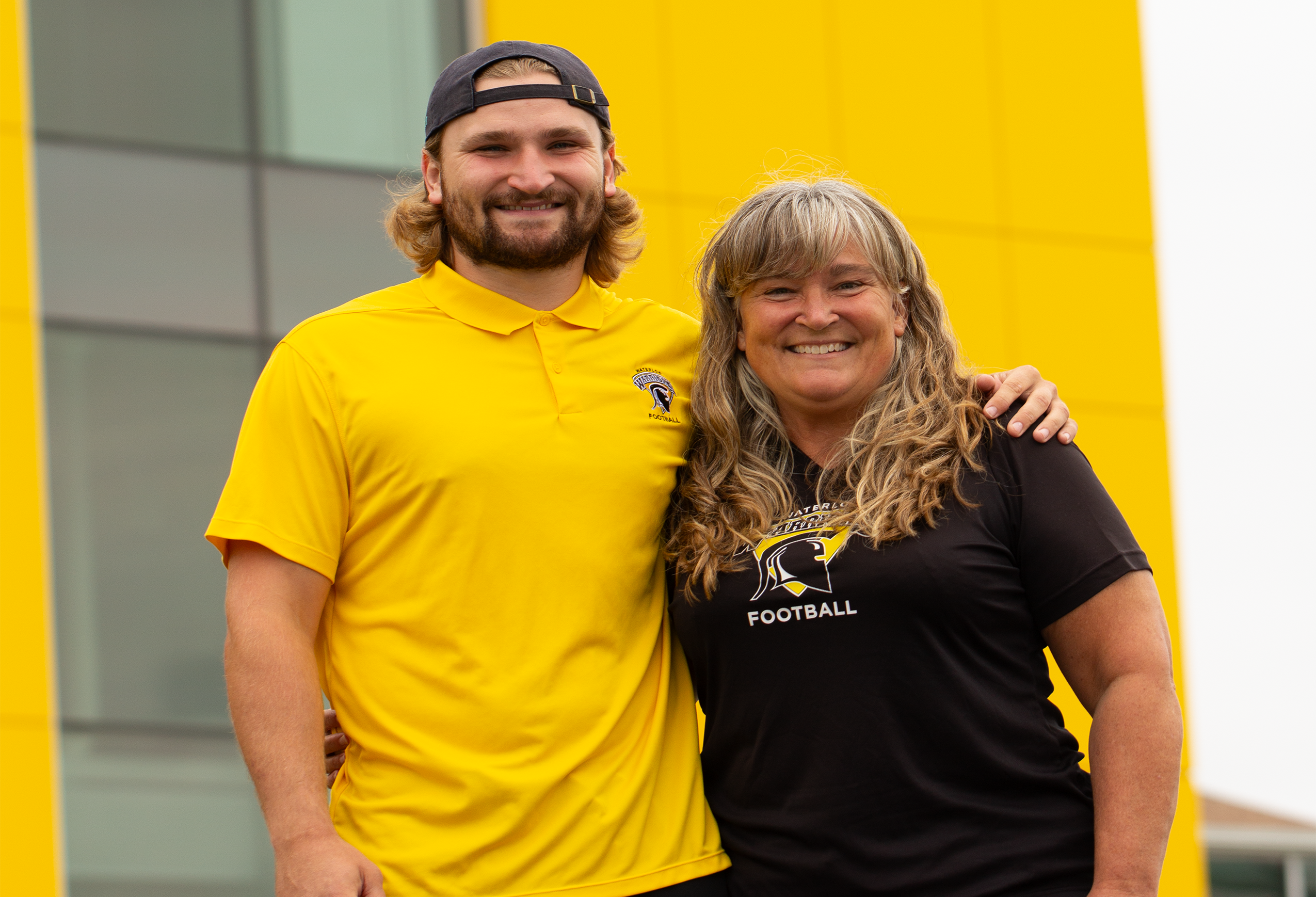People often overlook municipal elections; they consistently have some of the lowest voter turnout. Yet, they directly impact so much of our daily life. For students, they can impact the availability of housing, transit, bike trails, and things like noise bylaws. They can also be very confusing, particularly in this region with the two-tier municipal government. If you go vote on Oct 24, you will be faced with a ballot for the regional chair, regional council, mayor, city council, and school board trustee.
What is the election about?
The regional government has policing, EMS, major roads, waste collection, public transit, and public health as some of its responsibilities. If you live in Waterloo or Cambridge you will be voting for a Regional chair and two councillors. In Kitchener, you will be voting for a Regional chair and four councillors.
The city government looks after building inspections and permits, libraries, firefighters, parks and recreational programs, residential roads, bylaws, and economic development. You will be voting for the mayor and a local ward councilor.
Finally, you have the school board, which is responsible for, amongst other things, determining the number, size and location of schools, preparing an annual budget, and supervising the operation of schools and their teaching programs.
Why you should vote?
These local leaders are the decision makers that are most accessible to you. There are some obvious areas where municipal politicians have a large ability to influence your time living in Waterloo.
Transit
The regional government is in charge of Grand River transit — they set the fares and the budget for the transit system. If you are looking for cheaper transit, more routes or a higher frequency, regional council candidates are who you should be grilling.
If you are also looking for better bike paths or safer walking routes, both the regional and city councils have purview over this depending on which roads you are looking at.
Housing
City councils can impact housing in several ways — they approve new developments, including the type and density of new builds and they can regulate the housing market with things like rental licenses that help to set a minimum standard of safety. While they are not directly involved in the housing market, they can certainly help to ensure that you have a safe and affordable place to live while you study at UW.
Recreation
Events like Lumen, the arts festival that just took place, are initiatives that are supported by the cities. These events can make your time living locally way more fun and are often very affordable if not free. The city is also responsible for the bylaws that some of you may encounter when having house parties.
How to vote:
Do you know that as a student you can actually vote in two different locations if you are a Canadian citizen and over the age of 18? You can vote in the city you are residing in as a student and the city you would consider home. Your home is the place that you regularly return to when not at UW.
Since you are unlikely to be able to be in both places on the same day, if you want to vote in both locations, you can look into advanced voting or voting by mail.
In order to vote, you will need to bring one piece of valid identification to your voting location with a name and address for the city you are voting in. If you live on campus, your voting location will be in the SLC. For those living off-campus, you will need to check the local city website to find your voting location.
The identification must be an original or a copy certified by a notary public. You cannot use any electronic copies, including photos or videos.
If you do not have valid identification or if your identification does not have the right address, you can sign a legal declaration at your voting place confirming you are eligible to vote in that city.


































